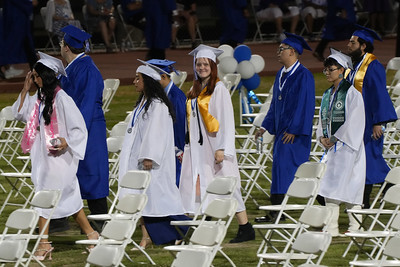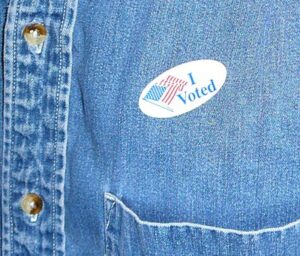Last week, New York governor Kathy Hochul announced that about 125,000 high school seniors would receive automatic acceptance letters to the state’s community colleges. Generally, community colleges do not have competitive admissions processes, so these students could enroll in Fall classes simply by virtue of having filled out an application. So, what makes this approach different?
The State University of New York (SUNY), which administers much of the state’s community college system, will send letters to high school seniors who live outside of New York City letting them know that they can enroll in their local community college. SUNY manages 30 community colleges around the state, as well as another 34 campuses that grant post-secondary degrees ranging from bachelor’s degrees to doctoral degrees.
Recent polls have shown that 55% of all graduating high school seniors have no plan to enroll in a post-secondary institution. Hochul intends to encourage these students to consider a SUNY campus as an alternative to terminating their educational attainment.
The City University of New York (CUNY), which operates community colleges inside New York City, recently joined forces with the New York City public school system to issue similar acceptance letters to the district’s 65,000 graduating seniors.
This approach could serve as a gentle reminder of available post-secondary educational options. According to State of Michigan enrollment data, more than 3,800 high school seniors enrolled in Washtenaw County public high schools this year. Livingston County high school students will graduate more than 2,300 seniors in 2023.
If the 55% figure holds true to these two counties, nearly 3,400 high school graduates have no post-secondary plans. If Washtenaw Community College adopted a similar strategy – simply providing acceptance letters to these students – it may positively impact Fall enrollment.
High school seniors, past graduates should be recruited
Since these high school seniors have no plans to attend college, additional follow-ons could include open orientation sessions, FAFSA workshops, open academic counseling sessions, and course registration assistance. The FAFSA has a hard deadline of June 30, 2023, but many institutions have earlier deadlines for FAFSA completion. Given that, WCC could run similar sessions for high school juniors who have not made their post-secondary plans. Or it could approach graduates from prior years who may have decided to forgo post-secondary enrollment due to the pandemic or other reasons.
In the past, WCC (and other community colleges) have relied on high school counselors to provide enrollment information and encouragement to high school seniors who are unsure of their post-graduation plans. It may be time to develop mechanisms that don’t rely directly on the school districts to promote community college enrollment options.
Photo Credit: Devon Christopher Adams



















